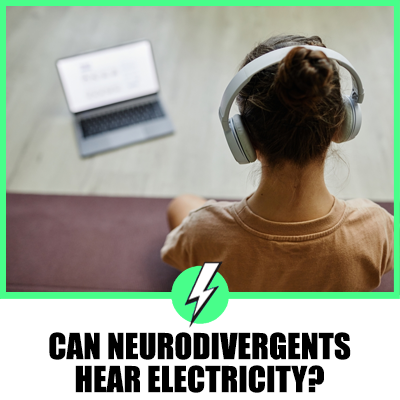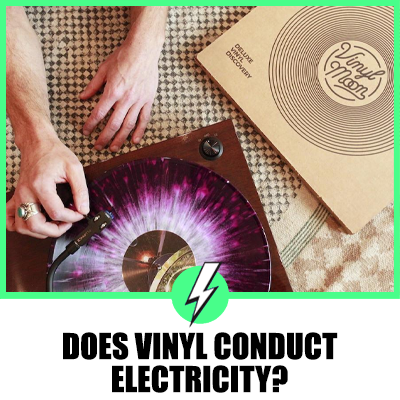Can Neurodivergents Hear Electricity? A Cross-Atlantic Perspective
In the bustling cities of London and New York, amidst the quiet countryside of Yorkshire and Ohio, people experience the world in a myriad of ways.
For some, this includes a heightened sensitivity to sounds that others may not notice.
This is particularly true for neurodivergent individuals, such as those with Attention Deficit Hyperactivity Disorder (ADHD) or Autism Spectrum Disorder (ASD).
One intriguing question that has been raised is whether these individuals can hear electricity.
This article will delve into this fascinating topic, exploring the experiences of neurodivergent individuals and the science behind these phenomena.

Contents
Understanding Neurodivergence
Neurodivergence refers to variations in the human brain regarding sociability, learning, attention, mood, and other mental functions.
It’s a concept that was born out of the autism community, but it has grown to include conditions like ADHD, dyslexia, Tourette’s Syndrome, and more.
In both the UK and the US, there’s a growing recognition and acceptance of neurodivergence, with increased efforts to understand and accommodate neurodivergent individuals in various aspects of society.
What Does It Mean If You Can Hear Electricity?
Electricity itself doesn’t make a sound.
However, the devices that use electricity can produce sounds due to the vibration of electrical components or the discharge of static electricity.
These sounds are often at a very high frequency, which is typically beyond the range of human hearing.
However, some individuals report being able to hear these high-frequency sounds, describing them as a hum, buzz, or whine.
Why Can Some People Hear Electricity?
The ability to hear these high-frequency sounds is likely due to a heightened sensitivity to sound, a trait that is often associated with neurodivergent conditions such as ADHD and autism.
This heightened sensitivity, known as hyperacusis, can make individuals more aware of background noises that others might not notice.
It’s also worth noting that not all neurodivergent individuals have this heightened sensitivity to sound, and not all individuals with heightened sensitivity to sound are neurodivergent.
Can Autistic People Hear Electricity?
Many individuals on the autism spectrum report being able to hear high-frequency sounds that others cannot.
This includes the sounds produced by electrical devices.
For example, some autistic individuals report being able to hear the hum of a refrigerator, the buzz of a light bulb, or the whine of a computer.
This heightened sensitivity to sound can sometimes be overwhelming, leading to sensory overload.
Why Can I Hear Electricity ADHD?
Individuals with ADHD also often report a heightened sensitivity to sound.
This can make them more aware of background noises, including the sounds produced by electrical devices.
Some individuals with ADHD report being able to hear the hum or buzz of electricity, particularly when in a quiet environment.
Can Everyone Hear Electricity?
While some individuals have a heightened sensitivity to sound, not everyone can hear the high-frequency sounds produced by electrical devices.
The ability to hear these sounds is likely influenced by a combination of factors, including individual differences in auditory sensitivity, the quality of the electrical device, and the acoustics of the environment.
Insights from Online Discussions
Online discussions provide a wealth of anecdotal evidence supporting the idea that some neurodivergent individuals can hear electricity.
For example, in a discussion on Quora, one individual described hearing a high-pitched noise that they associated with electricity from a young age.
They reported that this sound was often so intense that it caused them physical discomfort.
In a discussion on Reddit, numerous individuals on the autism spectrum reported being able to hear the sounds produced by electrical devices.
They described these sounds as a hum, buzz, or whine, and many reported that these sounds could be overwhelming or distracting.
Conclusion
While the ability to hear electricity is not universal, it appears that some neurodivergent individuals, particularly those with ADHD or autism, do have a heightened sensitivity to the high-frequency sounds produced by electrical devices.
This heightened sensitivity can make them more aware of background noises that others might not notice, and can sometimes be overwhelming.
However, it also provides a unique perspective on the world, highlighting the rich diversity of human sensory experiences.
Whether in the UK or the US, understanding and accommodating these differences is an important part of creating inclusive societies.





